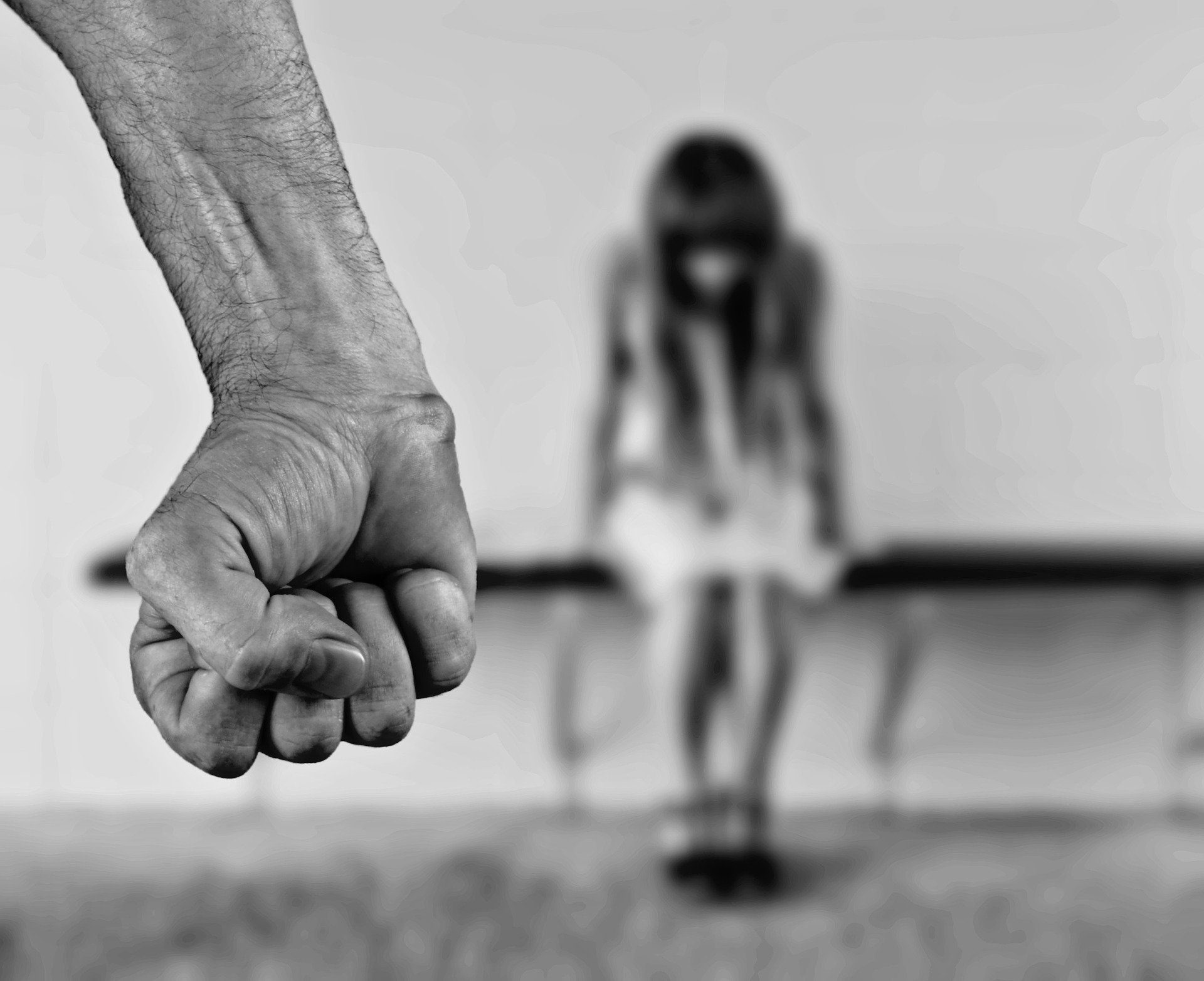
How to Think of Human Trafficking as a Criminal Enterprise
Aside from terrorism, the crime of human trafficking is probably one of the most discussed criminal topics. That said, there exist a plethora of ventures whose aim is to delineate the act of human trafficking. One such attempt is to understand the various elements and actions undertaken during trafficking in humans, from a macro and a micro analysis perspective.
The micro analysis highlights specific phases in the trafficking process. That is, the recruitment of victims, the transport of victims, the housing and other aspects facilitating the act of human trafficking. On the other hand, the macro analysis concerns the position of human trafficking in the wider criminal industry. That is, how human trafficking overlaps with other types of organised crime.
According to extant literature and data drawn from Romania, Sweden, Latvia, Cyprus and the Netherlands analysed as part of the TRACE project, the micro analysis reveals that perpetrators may use a wide range of methods to execute the several steps of the trafficking process. In the recruitment phase, victims may be recruited through the ‘lover boy’ method, via face-to-face network contacts or through advertisements. Recruiters deceive rather than coerce the prospective victims into situations of dependency.
The second phase in the trafficking process, which consists of the facilitating activities such as transport to the place where the victim will be exploited, traffickers may transport the (prospective) victims of sexual exploitation to their destination by car or by air. Victims of labour exploitation usually travel by road, such as in mini buses or on international bus lines. The victims are (at times) accompanied by a friend or an acquaintance, or by the trafficker or someone who works for him/her; they may also travel on their own with their own documents.
During the last phase, in cases of sexual exploitation, the victims are usually housed in hotels and rented apartments, or even at their workplace. When the trafficking victim is a citizen of an EU Member State, specific documents for travel or work are not required. However, if in cases of sexual exploitation the victim is underage, the traffickers must acquire counterfeit identity papers to be able to have her/him work in red light windows or brothels (where such exist). The traffickers themselves may also want to hide their identity and use counterfeit passports. If the trafficker and victim are allowed to enter and work in a country abroad, recruitment agencies or individual recruiters usually take care of the paperwork. In the destination countries, middlemen (‘facilitators’) may be hired to handle administrative requirements and act as intermediaries between the traffickers and employers.
The exploitation phase usually starts with creating a situation of financial debt. The trafficker may pay travel costs for the prospective victim. Subsequently, other costs may be added, such as for housing, food and clothing. In practice, victims whose living and financial conditions were especially poor in their country of origin tend to accept their fate and do not see themselves as victims.
Traffickers use a wide range of methods to control victims who refuse to comply with the situation. Examples are physical force, threat, blackmail, continuous monitoring and disinformation, such as convincing the victims that the police are corrupt and they will end up in a situation far worse if they turn to the authorities.
The macro analysis shows that trafficking in human beings, within the EU mainly, is the work of specialists. Both individual perpetrators and criminal groups that mostly focus on trafficking, tend not to operate other illegal markets at the same time. They are likely to commit other crimes in line with the trafficking process, such as violent crimes, human smuggling, money-laundering and child pornography. Although information is scarce, exceptions to the rule are sometimes ‘lover boys’ who are also involved in other street crimes and drug dealing.
Angelos Constantinou is affiliated with the School of Economics and Management, Department of Police Studies at the Open University of Cyprus. He is a researcher on the TRACE project.
The TRACE project, in which this blog is rooted, is a two-year project funded by the EU. The aim of the project is to support stakeholders in combating and disrupting human trafficking by assessing and consolidating information surrounding the perpetrators and the wider trafficking enterprise. Find out more here.
